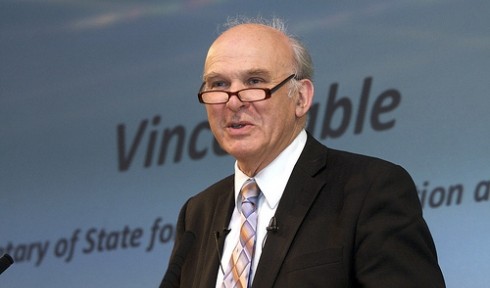The BGF, which has geographical bases in London, Birmingham and Edinburgh, was proposed by Britain’s biggest banks in October.
SMEs that turn over between £10 million and £100m will be offered funding of between £2m and £10m in return for an equity stake and a seat on their board for a BGF director.
Five banks – Barclays, HSBC, Lloyds, Royal Bank of Scotland and Standard Chartered – are contributing to the fund, which will be co-ordinated by the British Bankers’ Association (BBA).
Stephen Welton, BGF chief executive, said: “Companies of this size have often struggled to secure financing to support their growth plans – too big for start up funding and too small to tap into larger commercial funding. We are responding to that need.
“We will not only provide longer-term finance but will also offer on-going help and advice, working closely with the businesses that we back.”
Frank Blin, executive chairman at accountancy firm PwC, said: “The combination of higher borrowing costs, funders’ attitude to risk and banks’ smaller balance sheets has resulted in many SMEs experiencing difficulties in obtaining finance. The BGF will provide a welcome alternative source of finance for businesses focused on growth and, as a result, could boost investment activity.”
Brendan Flattery, CEO of Sage UK, commented: “Whilst initiatives like the Business Growth Fund are at least a step in the right direction, the criteria set for application to the fund means that relatively few businesses can actually benefit. Opening up finance to established businesses with a turnover of £10m or more is hardly a step-change to the status quo, where banks remain highly conservative, and risk averse in their lending.
“Speaking to our customers, the issue remains that smaller businesses and start-ups are still routinely being denied access to finance at a time when many are being hit hard by rising costs, fuel charges and VAT. It’s good to see pressure being put on banks to open up lending, but the problem of wider access to finance among smaller businesses and start-ups still seems unresolved.”
The British Chambers of Commerce has also warned that the BGF will only appeal to a limited number of companies, as many businesses will not want to offer the banks an equity stake.
Yet many economists have called for a change from debt funding to equity funding as one of the ways to restructure the British economy.


